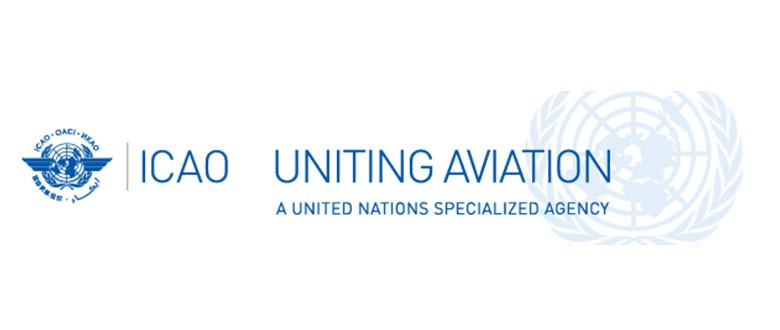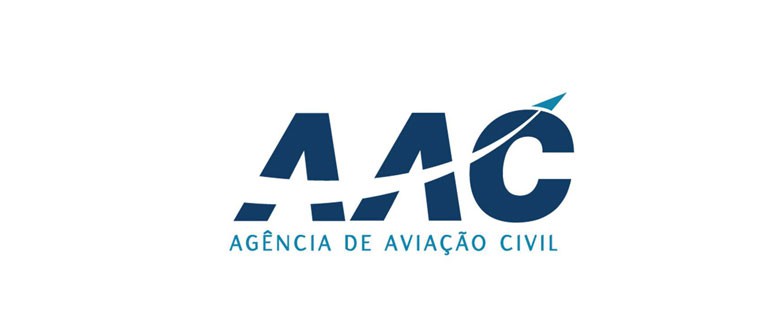The human factor in accident investigation and prevention 2021-06-18

The human factor is often decisive when it comes to investigation and accident prevention. The human being is not infallible and sometimes small mistakes can lead to bigger consequences. Therefore, although it cannot be stated with certainty that all accidents are caused by the human factor, the human factor is often decisive in the cause of the accident or incident.
Dating back to the early years of aviation, or even maritime navigation, accidents were considered to be problems of design, manufacture and, in specific cases, even weather conditions. Currently, with the increase of technology and innovation, these tools allow that the error is no longer only of a technical nature. Human and operational factors now play the leading role in accidents.
The human element is seen as the most flexible and valuable part, being also the most fragile, and its performance can completely alter the result. It is important to take into account elements such as memory lapses (such as forgetting a step in a process or security measure); reduced reasoning power; lack of attention or distraction. As well as lack of sensitivity of Organs sensory organs; lack of competence, experience or skill level for the required task; personality or attitude; negligence, arrogance or overconfidence, and poor perception of risk due to lack of knowledge or experience.
However, in addition to all these possibilities mentioned above, it is necessary to add one more factor regarding the role of the human element in accidents and incidents: mental health. After a troubled year because of the COVID-19 pandemic, and all the crises that have arisen with it (humanitarian, sanitary, economic, social), it is important to look at the mental health of professionals in the air, maritime and general sectors, in any area. Problems such as depression or anxiety manifested themselves in many professionals who saw their lives affected by the pandemic, directly or indirectly.
In the case of the aeronautical industry, which faced one of its biggest challenges with the closing of borders, reduction of flights and, consequently, reduction of jobs, mental illness has registered a considerable growth among operationals. In aviation, mental well-being is directly linked to safety. Therefore, in the first half of 2020 the American Commercial Aviation Safety Team (CAST) published a list of alerts, believing that the fact that there are no flights, for both pilots and airlines, could lead to an unprecedented increase in accidents – something that didn't happen.
Therefore, it is important that sectors and industries promote more than being “able to work”, betting on the well-being of the worker, going beyond being a matter of safety or risk. The focus should be on finding the problem and factors that can negatively impact safe performance.
In addition to the support provided for the mental well-being of professionals, the risk of accidents or incidents with human causes can be prevented, or reduced, through the implementation of measures such as training, monitoring and control, feedback and frequent audits.
For IPIAAM, the analysis of the human factor in accidents and incidents, when justified, is an integral part of the investigation. Therefore, this analysis must be methodical and complete, studying in detail the environment, its systems and the failures that led to its accident. In case of identification of human error, IPIAAM is responsible for listing measures and proposals to improve the performance of the human factor in order to prevent the repetition of the same error(s). These proposals can range from the implementation of new security measures, more training, the need for mental tests or deeper analysis of all the professionals involved.
Analyzing and studying the human element in accidents requires a clinical look that goes far beyond identifying the error. It is necessary to ask why the person made this mistake? Was it tired? A distraction? Or would you be worried about another factor outside your task? All these questions must be answered and your reaction must not be based on prejudice or discrimination by those who make the mistake. After all, to err is human. It's not impossible, but it can be prevented.







